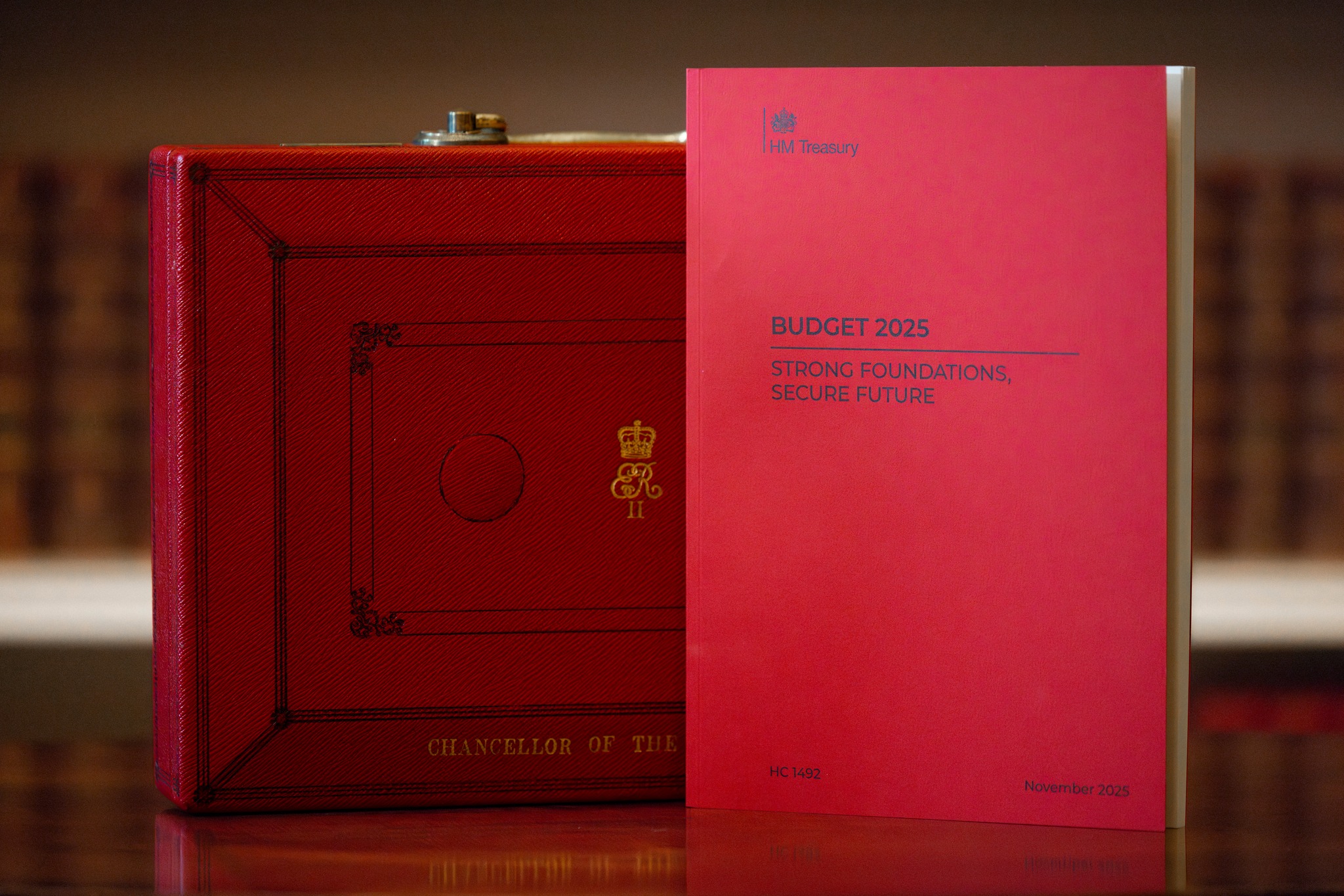What has the uncertainty of 2020 meant for Bitcoin and the cryptocurrency market?
2020 was a year of extreme financial hardship for many, plunging the global economy into the worst recession since World War II. For the first time since their launch, banks, investment managers, financial firms, and other companies had no choice but to look further afield – to the world of digital assets – and begin to embrace the rapidly evolving cryptocurrency market, in particular, Bitcoin.So, just what sort of growth did this iconic asset see in 2020 to push it forward and cement its success and what does this mean for the wider cryptocurrency market?
What makes Bitcoin so special?
Created in 2009, with the use of a decentralised ledger system, known as a blockchain, this cryptic cryptocurrency has been labelled as the most widespread and successful in today’s market. It’s also been the subject of some controversy, with American business tycoon, Warren Buffet branding it “worthless”. However, after the financial challenges of 2020, Bitcoin ended the year on an all-time high, hitting over $23,000 on 17 December.As cryptocurrencies exist in virtual form, they can be used as another source of currency in order to pay for goods and services. They are also used as an investment opportunity, as a way to profit from any value accrued over time.
What happened in 2020?
As a general rule for cryptocurrencies, the year started off slowly, but with the widespread onset of Covid-19 and the subsequent impact the pandemic had around the world, Bitcoin ended up holding a 66 percent share of the total cryptocurrency market in 2020.Due to ongoing price slumps, a rise in crypto crime, and a lack of interest from potential industry investors, the year ahead didn’t look too bright for cryptocurrencies. But this all changed when the pandemic hit on a more global level. It started to become more accepted by both consumer-facing businesses and Wall Street companies, as a "hedge against the potential currency debasement that might come from trillions of dollars of coronavirus-related stimulus payments from central banks and governments around the world."This meant that old school finance needed to flip over a new digital currency coin. Take top investment company, Goldman Sachs, who appointed a new head of digital assets, Matthew McDermott in August 2020. As a former crypto trader, who ran Goldman’s digital assets team since 2018, he has claimed to double the size of its crypto team. He states, ‘In the next five to 10 years, you could see a financial system where all assets and liabilities are native to a blockchain, with all transactions natively happening on-chain.’
What else does this mean for future cryptocurrencies?
As successful as Bitcoin was in 2020, the future of cryptocurrencies is yet to be determined but is looking pretty bright. Even though the pandemic has meant banks haven’t had much choice other than to adopt digital avenues, it has also helped kickstart the use of digital assets for many institutions who may never have gotten on board with the cryptocurrency market otherwise.Morgan Stanley Investment Management’s chief global strategist has suggested that Bitcoin could replace the dollar as a global reserve currency while some of the bigger banks are looking to work out how they can use blockchain to make money. One such bank is JPMorgan Chase, who has recently showcased its own in-house digital currency JPM Coin for the first time.In Italy, a large proportion of the banking sector utilises blockchain network Spunta, to reconcile balances, transforming the interbank reconciliation process.Built on blockchain technology, Facebook are also planning to launch their own cryptocurrency, Diem in the not so distant future. Designed to make international payments run more smoothly and get rid of needless transaction fees, they are hoping the system will “facilitate a more accessible, more connected global financial system”.There’s also the lesser talked about stablecoin. As a new class of currencies, these work as a way to offer price stability, backing cryptocurrency with assets of either other currency or commodities, that hold real value. These have grown in popularity over the years and could continue to do so. Watch this space.
FAQs

Can we help your business?
Book a free consultation with our expert R&D funding advisors today. We specialise in helping innovative businesses like yours unlock millions in government funding, specifically allocated to fuel your innovation. Let us help your business access the support it deserves.









.svg)


